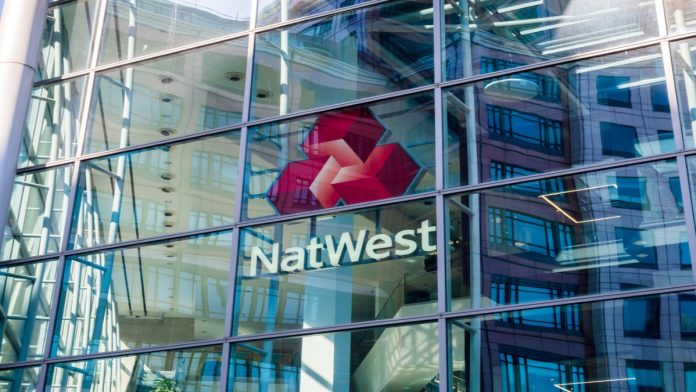One of the UK’s biggest commercial banks expects Big Tech firms to continue ‘redefining the payments space’ as the year comes to a close, particularly regarding data and credit.
Making projections for the new year, NatWest’s Chief Payments Officer, Mark Brant, shared his view that Big Tech will likely, or may need to, take a leading role in various areas, including fraud fighting.
The threat of Authorised Push Payment (APP) fraud to customers is now well acknowledged by the industry and regulators, with the Payment Systems Regulator (PSR) set to introduce new rules for payment providers on customer reimbursement.
Whilst welcoming these requirements, Brant asserts that “broader-based actions are needed to tackle the underlying crime and ensure consistency across different payment methods, and actors within the payments journey”.
He continues: “Scams need to be tackled in a comprehensive way, including the place where the crime begins. Big Tech will be an area of focus (c. 87% of all APP scams begin on ‘tech platforms’). The online fraud charter goes some way to doing that.”
Outside of fraud, NatWest expects Big Tech firms to continue driving innovation in several other ways across the payments landscape, with digital wallets specifically highlighted as having an influential impact on consumers’ relationship with financial services.
“We expect to see more data and credit driven products being developed by Big Tech over the next 12 months,” Brant explains.
The role Big Tech firms can play, and are playing, in UK payments has not gone unnoticed by regulatory authorities and policymakers. However, concerns have been raised that some of these giants, such as Google and Apple, are wielding disproportionate power.
Earlier this year, the Digital Markets, Competition and Consumers Bill was introduced to parliament, seeking to address Big Tech’s ‘entrenched power’, privacy settings and antitrust rules. It has been noted that Big Tech generates annual UK turnover of around £1bn.
Meanwhile, the Financial Conduct Authority (FCA) has also sought to examine how Big Tech has an advantage over other UK financial actors, opening a consultation this month with a call to evidence from fintechs, trade bodies, consumers, consumer interest groups, national and international competition authorities and regulators, and Big Tech itself.
Big Tech is not the only area that has caught the attention of UK financial authorities and regulators, however. The UK payments landscape as a whole was the subject of the Future of Payments Review, which made a number of recommendations for creation of a ‘national payments vision’ for the country.
Lee McNabb, NatWest’s Head of Group Payment Strategy, comments: “The new national payments vision will provide an opportunity for the industry and regulators to coalesce on the key challenges facing the industry to ensure the UK stays relevant and market leading.”
The bank’s payment strategy chief also projects that ‘work will continue’ on the understanding of digital currencies, particularly Central Bank Digital Currencies (CBDCs), with the Bank of England having doubled down on its efforts to launch a UK CBDC.
Lastly, the Future of Payments Review cannot be mentioned with referencing one of its biggest talking points, that being Open Banking. The review projects that Open Banking will play a key role in Britain’s economy, but identified ‘gaps’ in regulation of the practice.
“2024 needs to be a year of progression and conviction,” Brant asserts. “Prioritising shaping the necessary commercials, risk, liability frameworks and pricing.
“It will take time to develop and build a critical mass of industry participants to drive adoption, especially of elements like VRP which needs to move beyond sweeping mandates.
“The market requires further and deeper cross-industry collaboration and negotiations to build critical mass to drive adoption.”





















